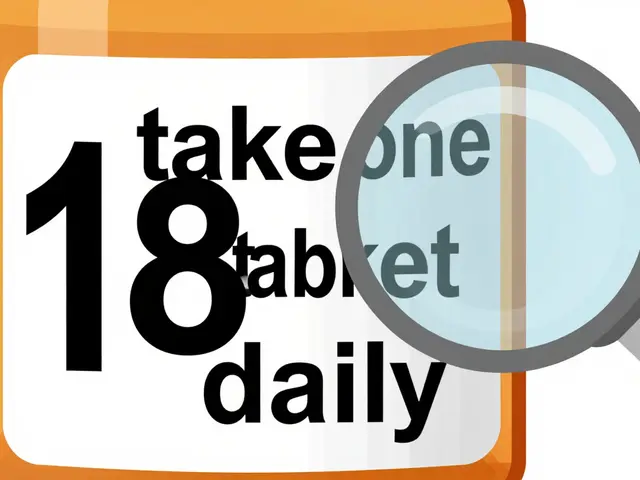Weight‑Loss Drugs: Essential Guide to Safe Use and Best Options
If you’re looking for a boost on your weight‑loss journey, medication can help, but only when you understand the basics. Below we break down the main types, how they act on your body, and what to watch out for so you stay safe.
How Weight‑Loss Drugs Work
Most appetite‑suppressing pills target the brain’s hunger signals. They raise serotonin or norepinephrine levels, making you feel full faster. Others, called fat‑burners, increase metabolism by boosting thyroid activity or stimulating brown‑fat cells. Some drugs block nutrient absorption, so fewer calories make it into your bloodstream.
Because each class works differently, side effects vary. Stimulant‑based pills can cause jitteriness, raised heart rate, or trouble sleeping. Metabolic boosters may raise blood pressure or interfere with thyroid meds. Absorption blockers sometimes cause diarrhea or vitamin deficiencies.
Safety Tips & Choosing the Right One
First, get a prescription or a telehealth consultation. A doctor can match a drug to your health profile, check for heart issues, diabetes, or medication interactions. Never buy diet pills from unverified online stores – counterfeit products can be dangerous.
Start with the lowest dose and track how you feel. Keep a simple log: dosage, meals, sleep, and any side effects. If you notice rapid heartbeat, severe anxiety, or persistent stomach upset, stop the drug and call your clinician.
When comparing options, look at three things: effectiveness, safety record, and cost. For most people, FDA‑approved options like phentermine, liraglutide (Saxenda), or bupropion‑naltrexone (Contrave) have solid data. Newer agents, such as semaglutide (Wegovy), show strong weight loss but can be pricey.
Pair any medication with a balanced diet and regular activity. Even the best drug won’t work if you keep eating high‑calorie meals and staying sedentary. Simple changes—more veggies, fewer sugary drinks, short walks—magnify drug benefits.
Lastly, set realistic goals. Losing 1–2 pounds per week is safe and sustainable. Rapid drops can signal dehydration or muscle loss, which isn’t healthy. Talk to your doctor about a target that fits your body type and lifestyle.
Weight‑loss drugs can be a useful tool, but they’re not a magic fix. By understanding how they act, checking safety, and staying consistent with healthy habits, you give yourself the best chance to reach and keep your goal weight.
The push for banning weight-loss medications Alli and Xenical highlights safety concerns. Recent findings suggest the drugs, both containing orlistat, might be linked to serious side effects, such as kidney stones and acute pancreatitis, prompting a proposal for their removal from the market.



 Medications
Medications




